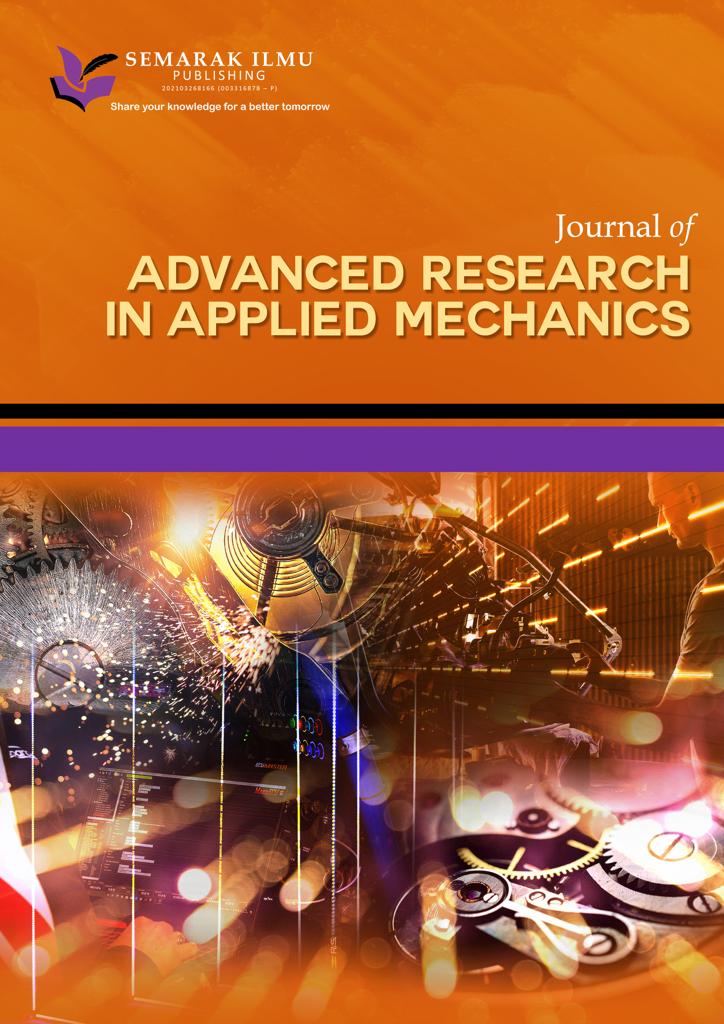Experimental Investigation on the Effects of Hydrogen Rate and Loading Towards Engine Performance and Exhaust Emission
Keywords:
Diesel engine, hydrogen and diesel fuel, performance and emissionAbstract
Fuel crisis and environmental pollution are the main problems for automobiles. The impact of this issue has encouraged the researchers to explore alternative resources which are sustainable, efficient and safe. Hydrogen is one of the potential resources in fulfilling those criteria. The objective of this research is to study the effects of hydrogen rate and loading towards engine performance and emission. The continuous hydrogen flow rate (0 l/min, 3 l/min and 6 l/min) method is being introduced at the air intake component. The engine was running at constant speed of 3500 rpm ± 100 rpm with two conditions consisted of only diesel fuel and the mixed diesel fuel. Each condition was operated with different rate of hydrogen and range of hydraulic loads from 1000 kPa to 4000 kPa. Based on the results, the engine power shows an increment up to 3.34% and the brake specific fuel consumption can be saved around 29.03%. The exhaust emissions analysis indicates that the carbon monoxide (CO), hydrocarbon (HC) and carbon dioxide (CO2) has decreased by 61.68%, 23.35 % and 31.47% respectively. However, the nitrogen oxide (NOX) emission creates 344.33 ppm higher than only diesel fuel.
Downloads























